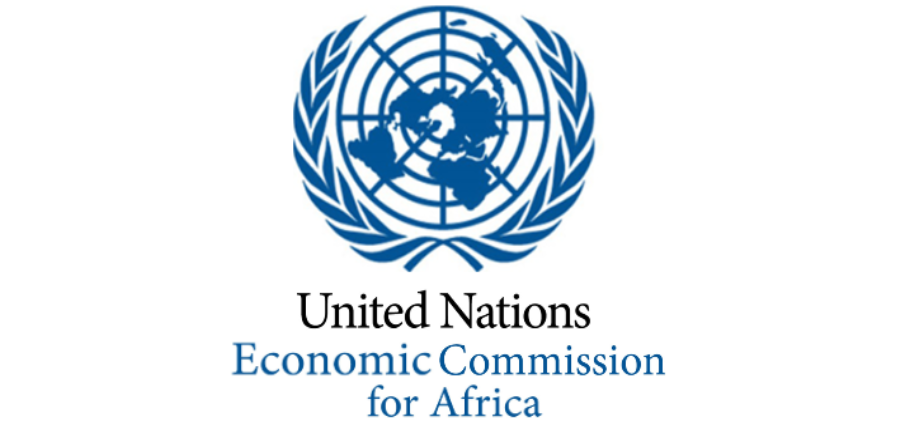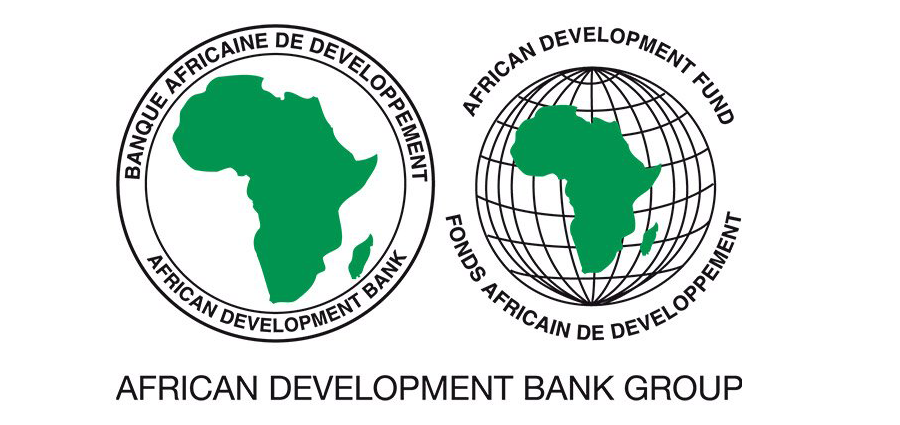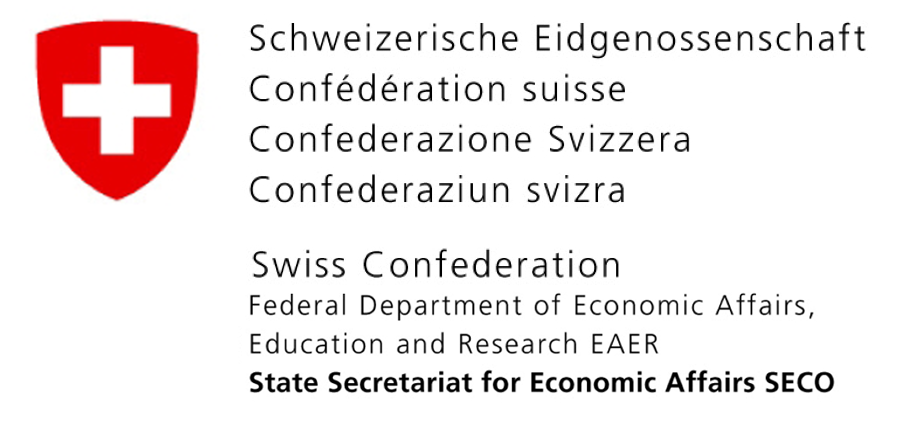Mitigating and Responding to Climate Change in Africa's Transport Sector
Globally, the transport sector is key in reducing CO2 emissions. The sector accounts for over 90% of primary oil demand and is responsible for 22% CO2 emissions from fuel combustion (IEA, 2010). While Africa has comparably low CO2 emissions from transport (215 kg CO2/per capita in 2008), they are expected to increase with the increase in Africa’s total oil demand (from 2.98 million barrels per day in 2008 to 3.7 million in 2030).
The issue of “mitigation of and responding to global climate change” has been identified as one of the cross-cutting themes the SSATP. This theme was deemed cross-cutting because it deserves high-level policy attention and requires general vigilance and concerted actions across a range of different policy and project interventions.
A 2010 SSATP study – “Making Transport Climate Resilient” – investigated roads in Ethiopia, Ghana, and Mozambique aiming to establish a knowledge base; deliver guidelines for road transport planning and policies decisions, and contribute to the creation of awareness of transport and climate change issues in Africa. The study presents an assessment of potential construction cost increases (full adaptation) due to climate change for upgrading gravel to paved road (cost per km/road) in 2050. The results provide an indication of the economic pressures facing transport operators and government ministries tasked with managing national transport sectors.
Another paper published in early 2011 provided recommendations to SSATP for a two-year strategy and work plan to address questions related to mitigation and adaptation to climate change in the African transport sector. The paper suggests a number of actions that reflect on the strategic recommendations for building regional cooperation and enhancing knowledge for Africa, regional workshops, and guidance material.
Based on this paper, SSATP initiated an activity with the objective of establishing an institutional platform and building a support system for regional cooperation in addressing environmental sustainability of transport in Africa that would :
- Stimulate policy dialogue in a systematic way for mainstreaming climate change issues in local, national, and regional transport programs, through both mitigation and adaptation actions;
- Send a strong message for the need for appropriate support in the development of sustainable transport in Africa;
- Enable local, national, and regional stakeholders to improve their knowledge and access to international support and best practices in the area of climate change;
- Promote mechanisms for systematizing planning and implementation of measures that would strengthen the link between transport and GHG emissions.
The expected intermediate outcomes include :
- Analysis of policy environment and existing initiatives addressing climate change in transport in Africa;
- Establishment of a concept for a regional Environmentally Sustainable Transport (EST) Forum and its initiation during major regional event;
- Development of a pilot transport roadmap with incorporated climate change mitigation and adaptation actions;
- Enhancement of knowledge base of local, national, and regional stakeholders on best practices, available international support mechanisms.
The activity includes the following three components:
Component 1: Strengthening Regional Cooperation
This component is aimed at launching an Environmentally Sustainable Transport Forum for Africa (EST-Africa). The Forum will serve as a regional cooperation mechanism that would engage the participants from countries of Africa into a policy dialogue about the challenges posed by the need for environmental sustainability in the transport sector while meeting long-term development goals. EST-Africa would be a policy-oriented forum informed by a vibrant community of officials, practitioners, NGOs and stakeholders involved in various aspects of transport, climate change and environment, including finance, on a regular basis. It should also have a permanent on-line presence, with enough recognition among practitioners to be a place to go for information, guidance, tools, and references to ensure that transport planning is carried out in an environmentally, socially, and financially sustainable way, in concert with national and local visions for development.
The primary goals of the EST-Africa would be to:
- Develop a collective understanding of the transport and environment community at regional, national and sub-national levels, on the need and opportunities to develop resilient, low-carbon sustainable transportation policies.
- Inform policy and provide a mechanism for policy coordination, through an annual declaration at ministry level.
- Provide guidance to government officials and other stakeholders on how to design and implement resilient low-carbon transportation, in the context of available international climate governance, such as NAMAs, NAPAs and other mechanisms for financing and crediting. This would be done through an annual event such as a workshop, conference, or seminar, and preparation of supporting documentation and case studies describing experience and best practices for wide dissemination.
- Initiate National Road Maps for Adaptation and Mitigation.
- Strengthen input to international negotiating frameworks, such as the Conferences of the Parties (COPs).
Component 2: Institutional Strengthening for Incorporating Climate Change in National Transport Programs
This component will focus on building wider participation in and commitment of the Africa countries to the issues of climate change in the transport sector. It will address the capacity of these countries in this area by developing a transport roadmap or guidelines for integrating climate change mitigation and adaptation actions in their national transport strategies and programs. Specifically, the tasks under this component may include the following:
- Development of a transport roadmap or guidelines for integrating climate change mitigation and adaptation actions in national transport strategies and programs in Africa and for integrating transport into the NAPAs and NAMAs;
- Communication of benefits of integrating adaptation and mitigation transport actions into development projects;
- Development of guidelines on the types of funds available and eligibility criteria to access them, guidelines on the use of existing or adapted/tailored tools for GHG assessment, carbon financing.
- Dissemination of the guidelines and of transport roadmap for climate change during appropriate events (identified in Component 1) to target groups, such as National Finance Ministries, regional and local administrations, and transport agencies;
- Identification of a country that will be potentially willing to participate in a pilot for adopting transport roadmap for climate change and the tools for systemizing the linkage between transport and GHG emissions.
Component 3: Enhancement of Knowledge Base
A broad variety of climate finance and funds are available to support sustainable transport projects, and African countries are accessing these to fund actions in adaptation and mitigation in transport. However, there are more opportunities to increase the share of this funding to transport development and provide new options for funding. The potential barriers to receiving funding support are a lack of awareness of Knowledge of how to access funds the funds and how to access them, and the knowledge of the benefits of integrating adaptation and mitigation objectives into transport project activities. Addressing these aspects will enhance the knowledge base of the governmental and private institutions and NGOs about available support and existing methodologies for collecting GHG emissions from transport (MRV, etc.).







